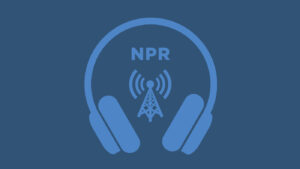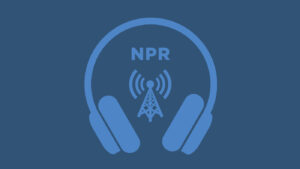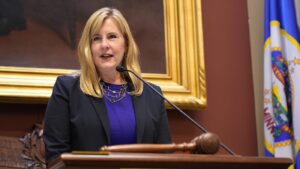The Haskell Free Library & Opera House, a unique cultural landmark situated on the border between Canada and the United States, is facing a significant change in its operations. This historic building, which has served as a shared space for residents of Stanstead, Quebec, and Derby Line, Vermont, since 1904, will soon impose restrictions on Canadian visitors entering through the American entrance.
In a recent announcement, the U.S. Department of Homeland Security cited concerns over drug trafficking and smuggling as the reasons behind this decision. The agency highlighted that the current system allows Canadian visitors to enter the U.S. side of the library without going through customs, presenting security vulnerabilities. The change aims to bolster the safety of American citizens.
For over a century, the library has operated with a main entrance located in the United States, requiring Canadian patrons to cross the border via a designated sidewalk. Sylvie Boudreau, the president of the library’s board of trustees and a resident of Stanstead, spoke about the upcoming changes. “The way it works is the main entrance is in United States, and there is a sidewalk that will cross the border. So that means that people that are in Canada – they have to use that sidewalk to enter the United States to use the main entrance. So it’s been like that for over 120 years, but starting Monday, that agreement is no longer validated,” she explained.
Boudreau expressed her dismay over the decision, recalling past discussions with U.S. Border Patrol and authorities where compromises were achieved to address security concerns. She said, “I was angry. I was in disbelief. I couldn’t believe they would do something like that. But it wasn’t on my mind because few years ago, we had that discussion with USBP, with the authorities, and we were able to come to an agreement and to change a few little things, you know, inside the library so it would satisfy the authorities.”
Despite isolated incidents involving illegal activities at the library, Boudreau emphasized the measures taken to prevent them. “Few incidents happened, and, you know, I’m training my employees and my volunteers to be aware, to see if something is out of the ordinary, you know? And we do all that to help the authorities, but it was not enough, I guess,” she noted.
The library holds a special significance for the communities on both sides of the border, fostering a sense of unity and cultural exchange. “It’s a connection with the two communities, with the two countries, with families, because, you know, there’s a lot of dual citizenship on both sides of the border. There’s a sense of friendship, a sense of family,” Boudreau shared, highlighting the deep-rooted ties between the regions.
As the new policy looms, concerns arise about the potential impact on cross-border relations. Boudreau commented on the broader context of U.S.-Canada relations, stating, “I can’t believe that. You know, really, I can’t believe that something like that is happening right now. I don’t like divisions. For me, Americans are my friends, my family, as much as my Canadians. I just want people to continue to look besides that and to see the real people.”
Sylvie Boudreau, representing the Haskell Free Library & Opera House, continues to advocate for the spirit of cooperation and unity that has long defined this shared cultural space.
This article was originally written by www.npr.org






